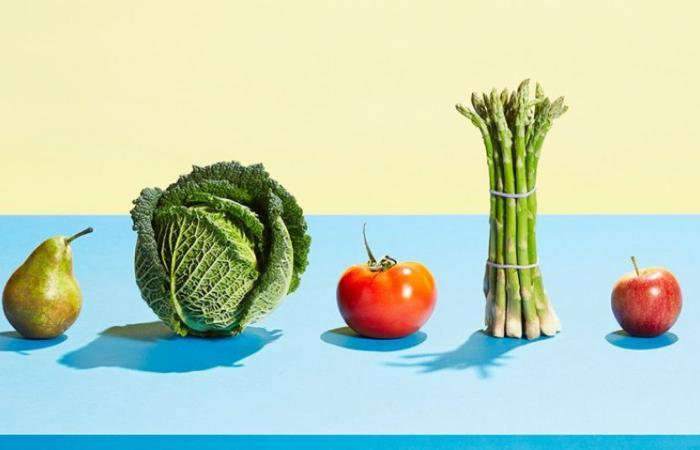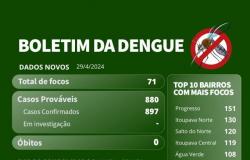Human beings are unable to completely digest foods such as plants and vegetables due to the cellulose present in the cells of these foods, right? Wrong. Despite the idea that we are not capable of digesting these foods, research has shown that we have intestinal bacteria that can break down and digest these fibers for us.
But, just like in an M. Night Shyamalan film, here comes the plot twist. Our ability to digest cellulose may be slowly disappearing. This is because a recent study showed that, throughout history, humans have been losing this ability – and the reason is precisely the lower fiber intake.
Cellulose is the resistant organic compound that makes up plant cells, forming the so-called cell wall. This wall functions as a type of protection for the cell, providing flexibility and rigidity to the cells at the same time.
Humans are not capable of breaking down these structures because we do not have the necessary enzymes for the task. In 2003however, researchers managed to discover bacteria that live in the human intestine that are capable of digesting and breaking down the cellulose fibers of vegetables.
The bacteria in question are all of the genus Ruminococcus, and now, thanks to a study by researchers in Germany and Israel, it has revealed that the population of these bacteria in the human gut may be declining – thanks to the industrialized diets of today’s urban societies.
Continues after advertising
In the study, published in Science magazineresearchers analyzed fecal samples from human hunter-gatherers, and rural and ancient populations, who lived 2 thousand years ago.
They compared this data with fecal samples from modern, industrialized human populations. The results showed that the population of these bacteria is decreasing.
“These findings imply a decline of these species in the human intestine, likely influenced by the shift to Westernized lifestyles,” Sarah Moraïs, a researcher at Ben-Gurion University of the Negev in Israel and one of the study’s authors, told ScienceAlert.
The researchers say that more studies are still needed, but they believe that the decrease in the intake of foods with fiber is related to the decrease in the presence of these bacteria. This is largely due to the unhealthy eating habits of a large part of today’s urban populations.
The quick and easy consumption of ultra-processed foods at the expense of healthier foods, for example. Paradoxically, the absence of these bacteria may also contribute to the poor metabolic health of these populations.
The researchers say that this is an issue still under analysis, but that not all is lost if this is confirmed. Through dietary supplements or specialized probiotics, there may even be the possibility for reintroduction or intentional enrichment of these species in the human intestine.
The study also provides other information. The evolutionary analysis of the research further suggests that the strain of Ruminococcus bacteria that is found in humans today may have originally been transferred to us from the intestines of ruminants, possibly during domestication. Thank the kitties.
Continues after advertising
Share this article via:






